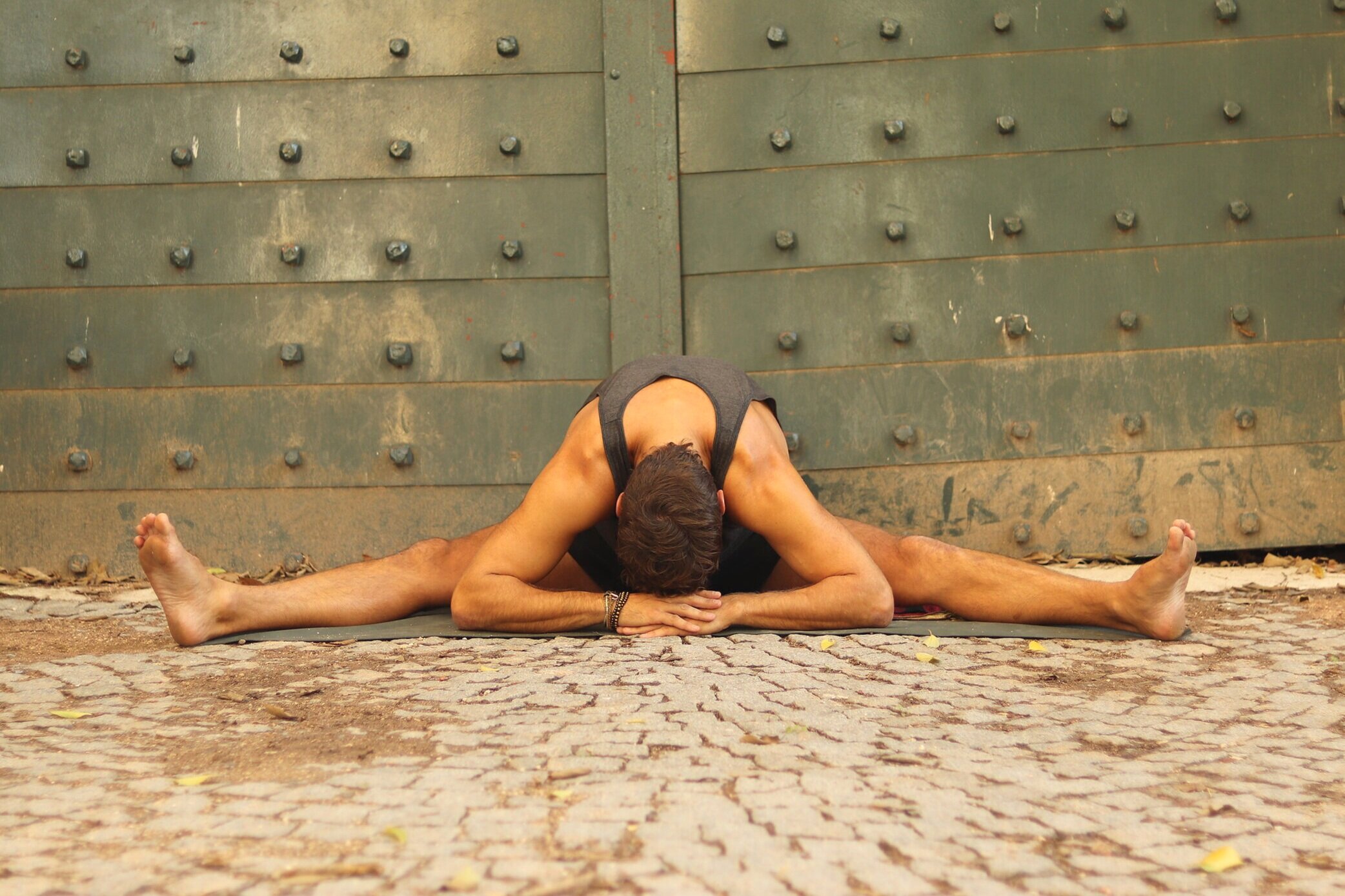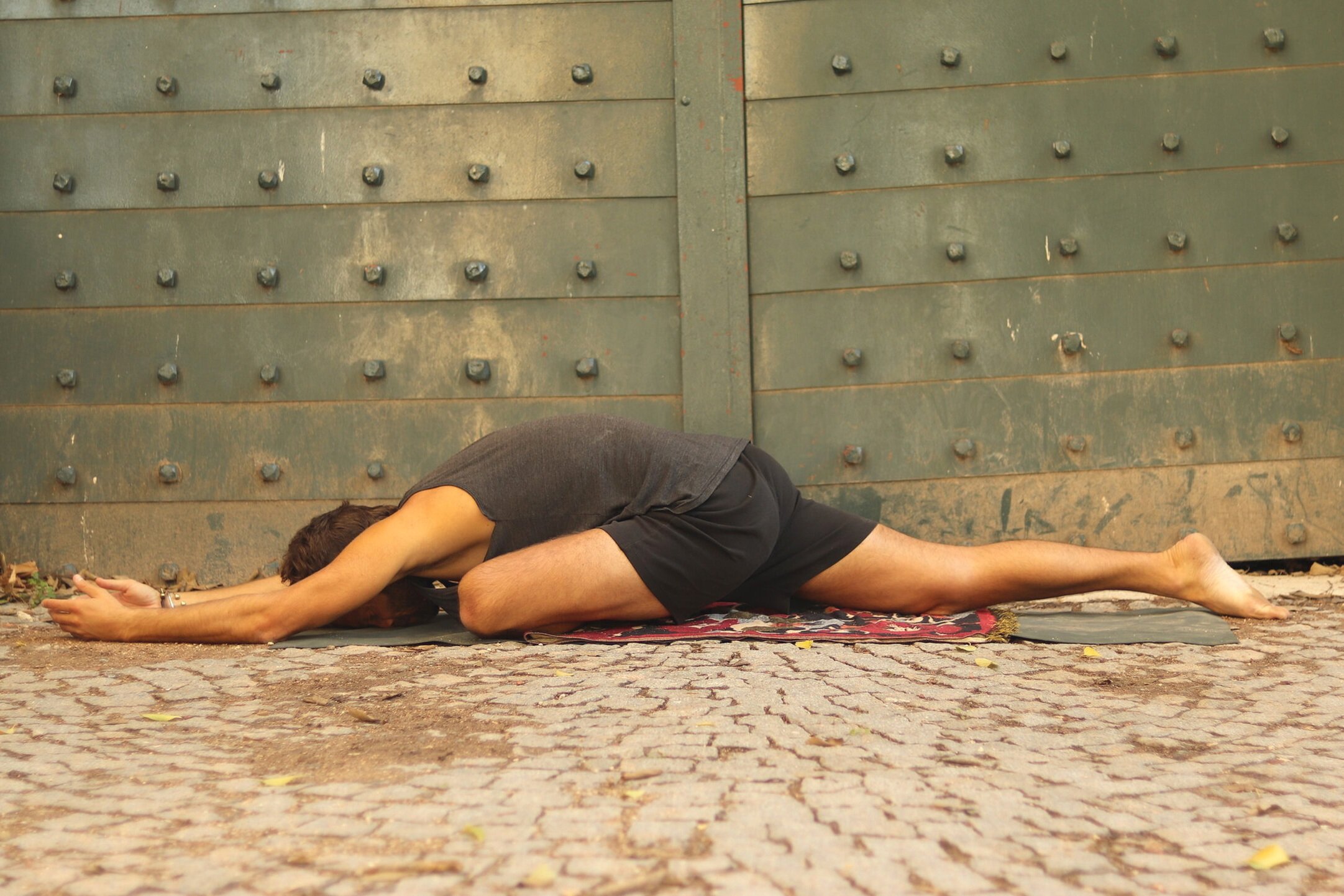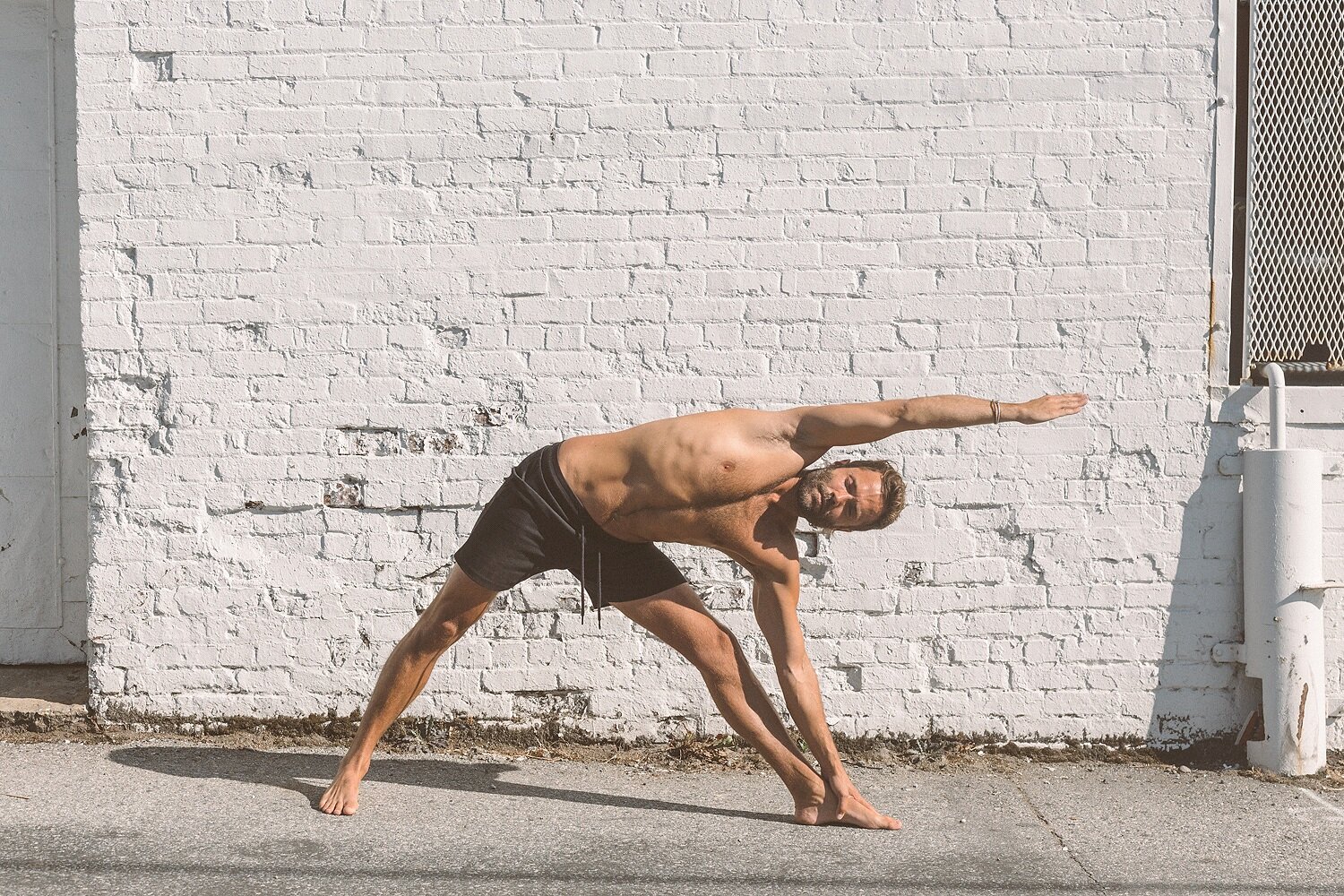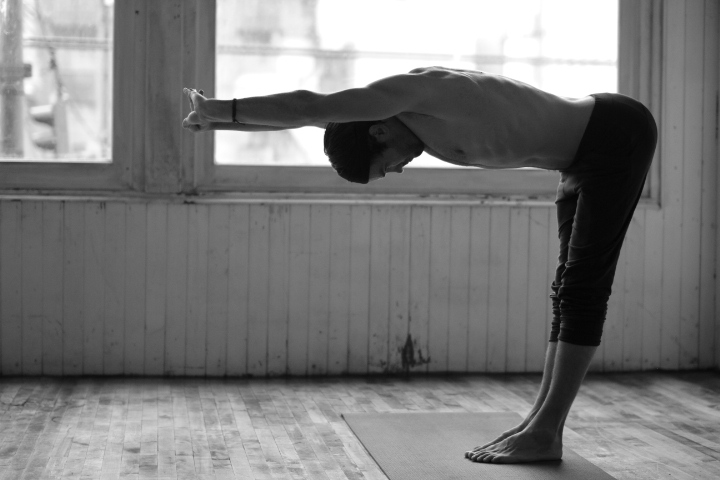THE PRACTICE OF YOGA
For Whit this practice isn’t about performing feats of strength and flexibility through the physical body.
This practice is about showing up daily, looking doubt, fear and self-limiting mind-states compassionately in the eye, and courageously moving beyond them.
Yoga is about freedom from the limitations of the conditioned mind.
Whit teaches the philosophy of Classical Yoga as passed down through the teachings of Patañjali's Yoga-Sūtras. The path of Classical Yoga is a meditative trek designed to unearth and extract our true nature from the constructs with which we habitually identify.
Whit expounds the wisdom of these ancient teachings in a relevant manner, guiding courageous and curious seekers towards the true nature of their enigmatic human existence.



WHAT IS YIN YOGA?
The practice of yin yoga is a relatively young and recent addition to the yoga culture. Initially devised from the study of the Chinese meridian system, yin yoga is a passive and transformative practice targeting the connective tissue (fascia, ligaments, tendons) of the body and the health of the joints.
Combining mindfulness meditation (vipassanā) with the practice of yin yoga has given rise to life changing insights for Whit and the many students with whom he has worked via this approach. The stillness of the yin practice acts as a potent receptacle for the arising of insight as taught by the Buddha.
▷ Yin Yoga FAQ’s



WHAT IS VINYĀSA KRAMA?
Vinyāsa Krama (movement and sequence methodology) is a dynamic form of posture practice, characterized by integrating and synchronizing conscious breathing and mindful movement. It is a traditional method of vinyasa yoga taught by the father of modern yoga, Sri T. Krishnamacharya (1888-1989) and passed down to Whit’s teacher, Srivatsa Ramaswami (1939 - ). Vinyāsa Krama integrates the mind and body towards unparalleled states of transformative union.
By merging the practice of Vinyāsa Krama with the ancient philosophy of Classical Yoga, Whit provides students the tools to reveal the innate gift of witness consciousness, the reference point from which our inherent wisdom can contemplate the existential questions that have driven the tradition of yoga for centuries.

